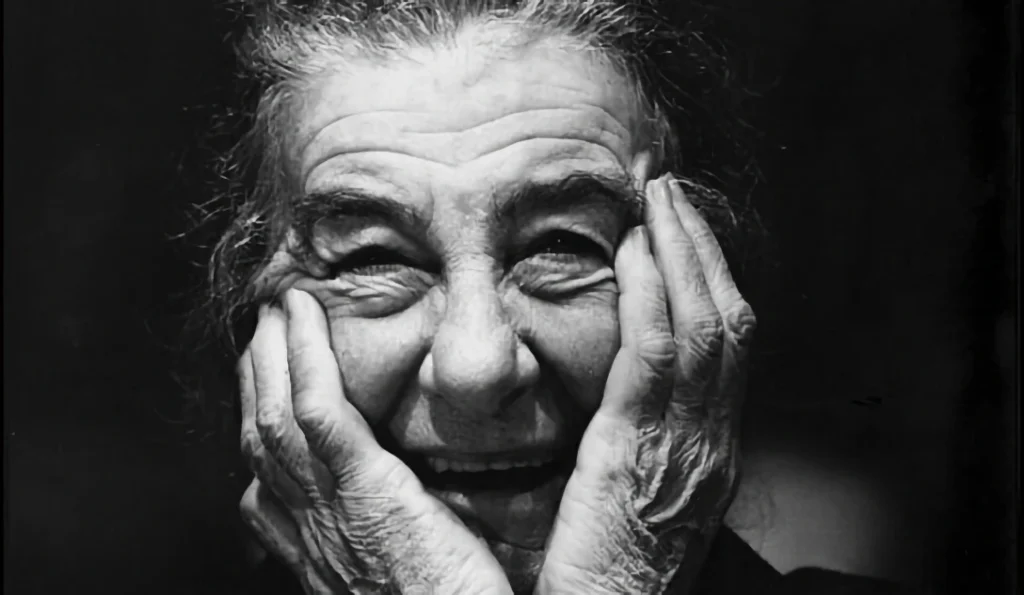Golda Meir, the fourth Prime Minister of Israel, left an indelible mark on history. A passionate and determined leader, she navigated the complexities of the early years of the Israeli state and played a crucial role in the formation of its national identity. Beyond her political prowess, Meir’s deep connection to her Jewish heritage and the role of religion in her life shaped her accomplishments and worldview. This article explores Golda Meir’s achievements in the political arena while shedding light on the significance of religion to her persona.
Political Achievements
Golda Meir’s political journey began with her involvement in the Zionist movement, advocating for the establishment of a Jewish homeland in Palestine. When Israel gained independence in 1948, Meir emerged as a prominent figure and a key contributor to nation-building efforts. As the country’s ambassador to the Soviet Union, she skillfully negotiated for thousands of Soviet Jews to be granted permission to emigrate to Israel.
Meir’s political career peaked when she became Israel’s first female Prime Minister in 1969. Her pragmatic leadership during tumultuous times began with the Yom Kippur War in 1973—she swiftly mobilized the nation’s defense and secured vital support from international allies. Under her leadership, Israel experienced socioeconomic growth and strengthened its international position, particularly through diplomatic initiatives and forging closer ties with the United States.
Her political achievements highlighted her exceptional abilities as a stateswoman, but it was her Jewish heritage and its values that played an instrumental role in shaping her convictions.
Religion and Jewish Identity
Golda Meir’s religious background played a significant part in her personal and political life. Born in Kiev, Ukraine, in 1898, Meir grew up in a devout Jewish family. Her deep attachment to Judaism and its principles resonated throughout her public service. Meir once remarked, “Jews are religious by nature; religious in their hopes and religious in their fears.” The immutability of her faith shaped her unwavering commitment to Israel and its people.
For Golda Meir, religion meant more than adherence to rituals and practices. It symbolized the long-standing resilience and unity of the Jewish people—a beacon of hope that propelled her to work tirelessly towards the state of Israel. She saw herself as a representative of the Jewish nation and believed in upholding Jewish principles while realizing the vision of a secure and prosperous homeland.
Meir also recognized the importance of inclusiveness and fostering harmony among different religious communities. Her policies and initiatives emphasized equal rights and opportunities for all Israeli citizens. She firmly believed that a strong, democratic nation could only thrive in an atmosphere of tolerance and understanding.
Golda Meir Driven By Faith
Golda Meir’s achievements as a political leader remain unparalleled, but it is her unyielding devotion to her Jewish heritage that adds depth to her legacy. Throughout her life, Meir successfully harmonized her political ambitions with a profound sense of Jewish identity—a testament to the enduring influence of religion in her life and her determination to fulfill the Zionist dream.
Her commitment to the state of Israel went beyond politics; it was underpinned by deeply rooted religious convictions and an unwavering belief in the resilience and unity of the Jewish people. Golda Meir’s legacy serves as a reminder that personal faith and values can profoundly shape the course of history, demonstrating the extraordinary impact that religion can have on an individual’s life and their contributions to the world.
“Trust yourself. Create the kind of self that you will be happy to live with all your life. Make the most of yourself by fanning the tiny, inner sparks of possibility into flames of achievement.”
